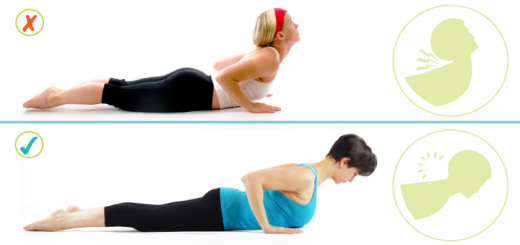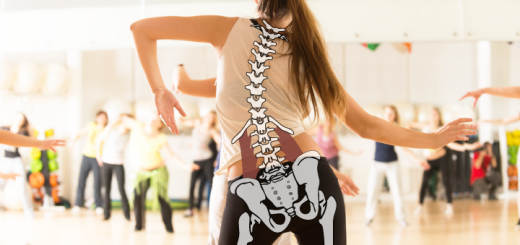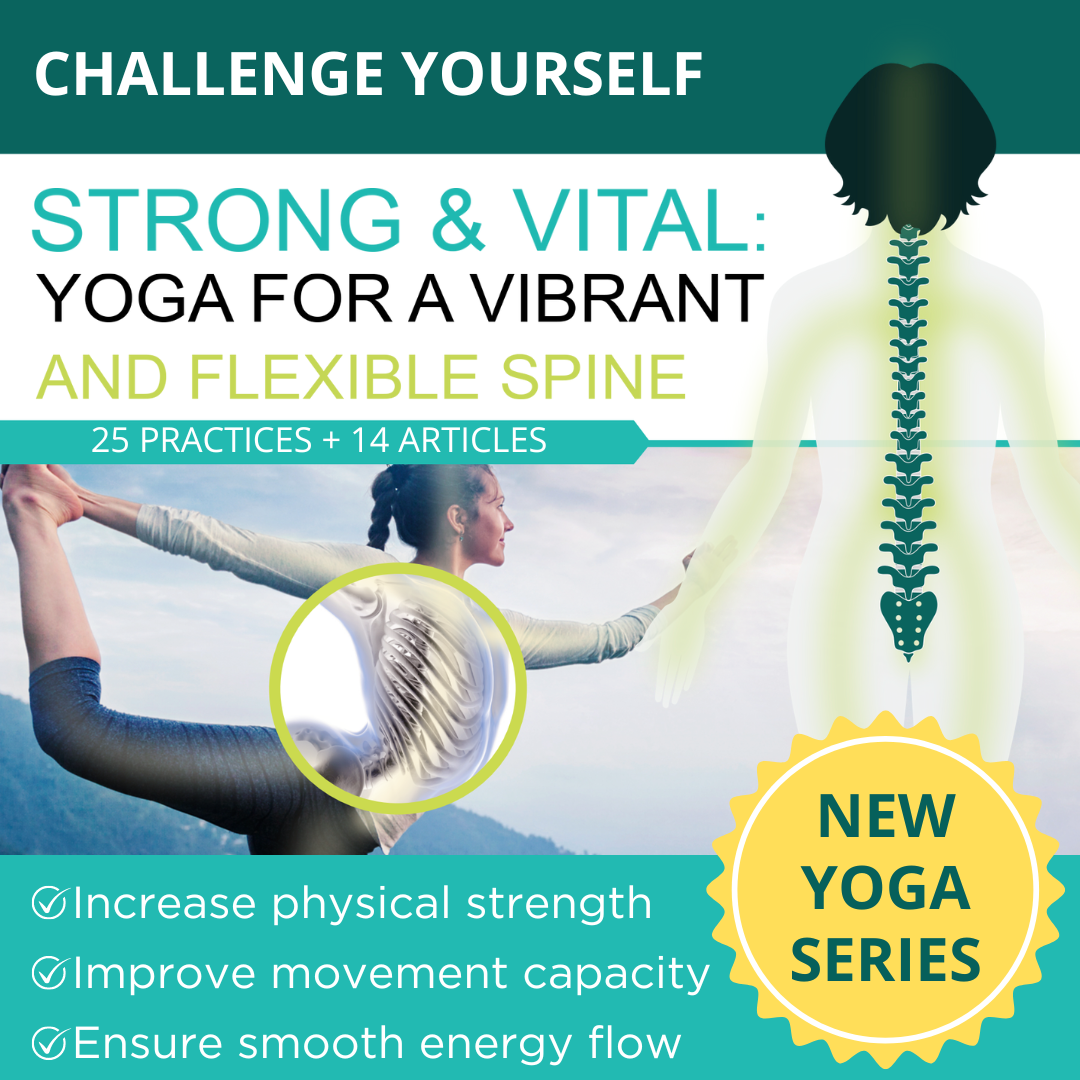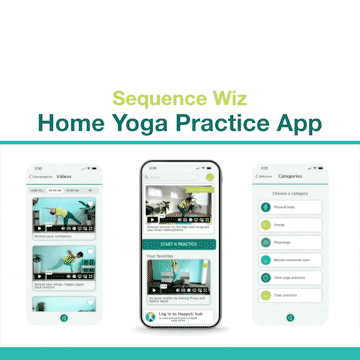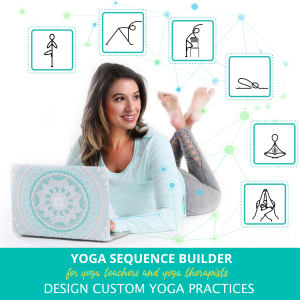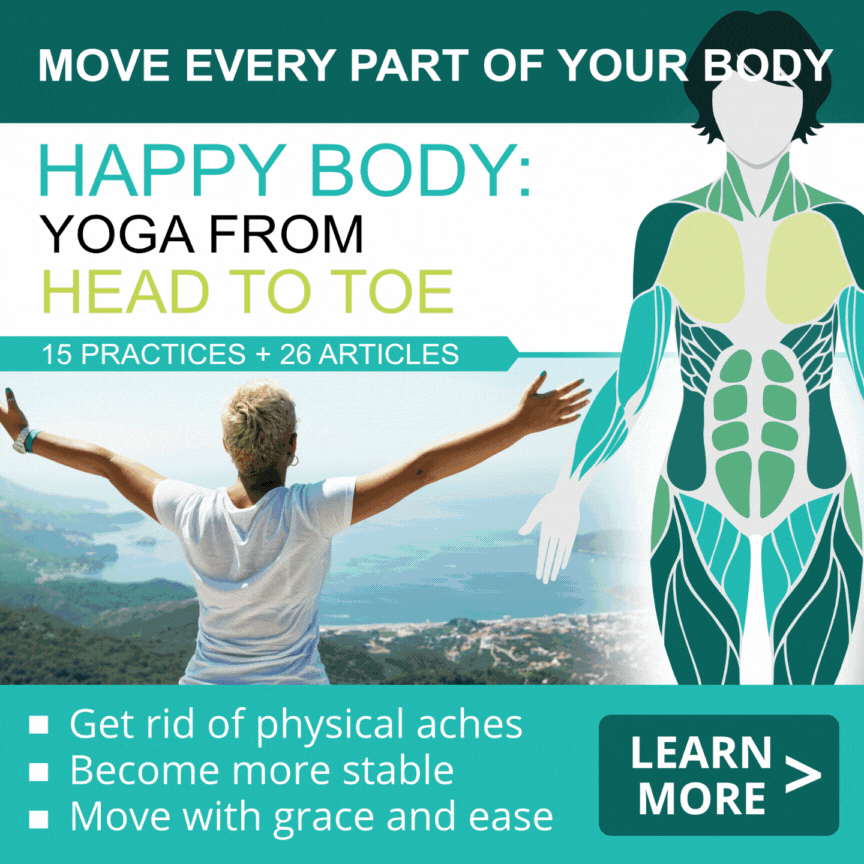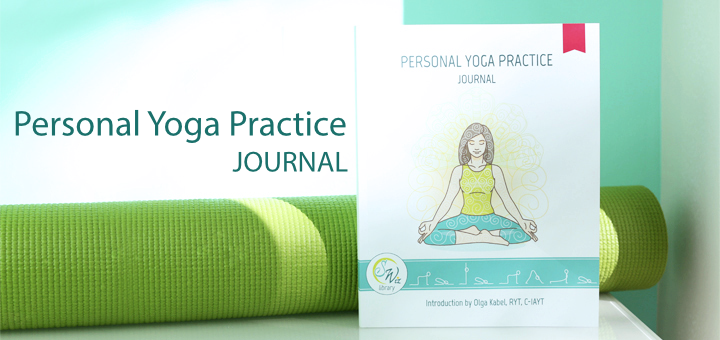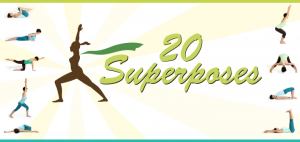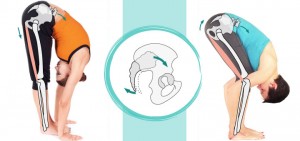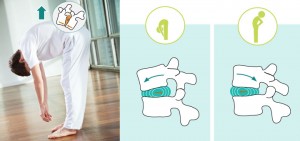Seven steps we can take to help students get through difficult times
0About a month ago, one of my students had a knee replacement surgery. We planned to take a break from her regular yoga sessions for a few weeks while she recovered and did her initial physical therapy work. But one week after the surgery, I got an urgent text from my student: “I need to see you.” We met the following day over Zoom, and I hardly recognized her. She appeared much more anxious and disoriented than I had ever seen her. There were a lot of things that she needed to get off her chest regarding her experience during and after surgery, but I was struck by how completely disempowering the entire experience had been for her. Despite having the best medical care, a caring family, an aide, and a PT who came to her house, she felt completely out of control. In addition to being in pain, she was not able to do any of her usual tasks independently; she was physically manipulated by multiple people and given conflicting information about which medicines to take, how to move, and how long to rest. Her well-meaning family was hovering and watching her every move; she was constantly met with Don’t do this! and Not like that! Her attempts to advocate for herself were ignored. She began to doubt everything – her body’s abilities, her sensations, her thoughts, her choices, her preferences. By the time I saw her a week later, she was on the verge of panic.
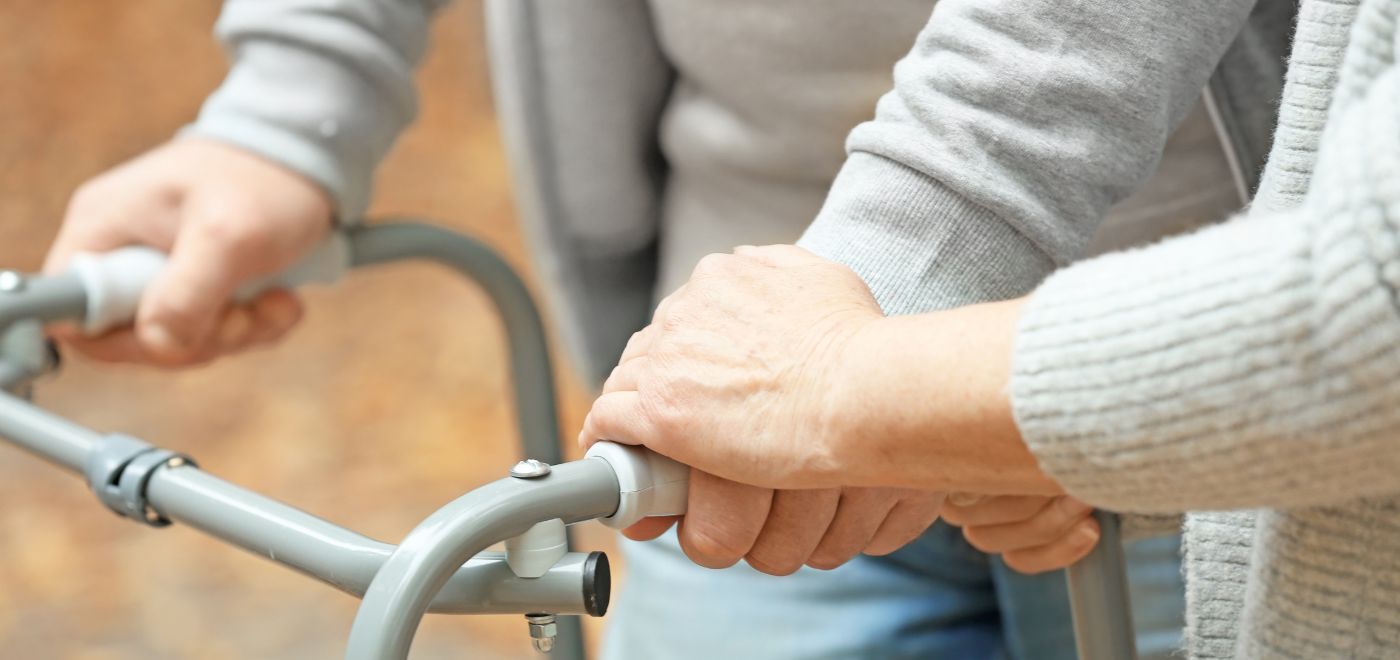
The first thing she told me when we met was: “I just needed to see you to feel normal again.” That was a clue for me that she did not need me to help rehab her new knee, but rather to remind her how she felt when we were doing yoga together, to help her reclaim her body and her agency. She needed me to co-regulate with her to calm her nervous system and make her feel capable again. And this is exactly what we did. We started with things that she could still do and celebrated every victory. I listened to her and supported her in her own exploration of how to use the walker without stressing her shoulders and the other knee. We took care of the other body parts that were screaming from neglect and overcompensation with simple movements in the chair, and we did a lot of belly breathing while anchoring the feet to the ground. And throughout the practice, we kept emphasizing her inner awareness and her ability to choose: Does this movement feel appropriate right now? Can you repeat it two more times? Are you ready to rest? By the end of the session, she appeared much calmer and much more in control. She had stopped spiraling, and it was a pivotal moment for her. Once she took back the reins from the doctors and helpful family members, she was able to progress much faster in her recovery. We continued to meet regularly to support her on the journey of restoring her function and reclaiming her personal power. After a month, she pretty much returned to her regular pre-surgery routine.
This experience reminded me once again about the importance of the more subtle ways we can and should support our students. Instead of being the ones who tell them how to manipulate their bodies to strengthen this or stretch that, we can be the ones that help them find their footing in the middle of their personal storm and show them that they have the resources to handle it.
These are some simple steps we can take to help students reclaim their agency in the middle of a crisis:
- Listen carefully, read between the lines, and try to get a sense of what part of the experience they are struggling with the most
- Mirror their experience by expressing concern about the same things they feel concern about and show them that you care (you need to meet them where they are)
- Co-regulate by breathing deeply and comfortably, communicating openness and receptivity with your body language and facial expressions; demonstrate unconditional support
- Ask them to do movements that they can do easily so that they could feel capable, then increase the challenge over time
- Avoid introducing new movements or techniques, if possible. There is already too much change happening; it is usually more comforting to return to familiar and favorite things
- Give them room to choose, whether it’s a type of movement, how many times they do it, how long they hold it, when they want to stop
- Bring their attention to small victories and immediate results: if they experienced a bit less tension after a movement, breathed a bit easier, if the operated leg was able to extend a bit further, or they were able to bear the weight on the leg a bit longer, they could stand up a bit straighter and walk a bit smoother, and so on. Every one of those things needs to be pointed out and registered in their brain to get a sense that they are making progress.
The best gift we can give our students is to be present with them while they are going through a challenging time without specific expectations. They need to be able to find their own way through and then out, and we can be there to metaphorically hold their hand. Of course, every student is different and might require different things, but all of them need to find their own way to adjust to the new normal and become established in the new reality.
What did you find useful while supporting a student through a difficult time?

